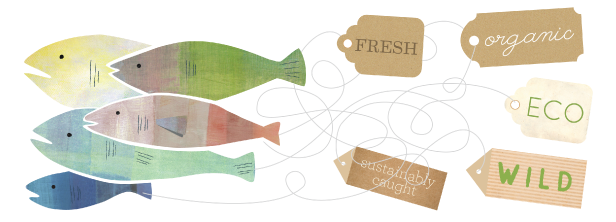Storied Fish is any seafood product that comes with a story of its journey from water to plate. This includes details such as the species, how and where it was caught or harvested, and the places it traveled between the boat and the end buyer.
Market studies have shown that for a majority of consumers, price is one of the primary considerations when it comes to buying seafood. Yet, consumers bring other values to the table when it comes to their purchasing decisions, especially around food. These other values are especially interesting given that seafood supply chain tends to transfer only the minimal amount of information. A lack of detailed data can mask harmful practices, including illegal, unregulated and unreported fish (IUU), fraud, and human rights abuse, which currently pose regulatory and reputational risks to seafood companies and undermine sustainable fisheries.
Future of Fish believes there is a business case for capturing the information needed to drive increased consumer purchasing and root out environmental and social ills.
As part of an on-going effort to identify the business benefits of data-rich supply chains, Future of Fish set out to explore the power of story to sell more fish and to determine what elements of that story most influence consumer purchasing behavior. Our full toolkit of resources provides an introduction to Storied Fish, and includes a deep dive into our research.
The Untapped Potential of Story to Sell Seafood
Introducing Storied Fish
Future of Fish developed this introduction video to help teach chefs and food-service professionals about the importance of Storied Fish.
Fish 101: Every Fish Has a Tale
Eating fish these days is a game of bait and switch: what you think you’re buying isn’t what you get. Between a third and three-quarters of seafood is mislabeled in North America, meaning the fish isn’t the species described on the menu or wasn’t caught where it was supposedly landed.






